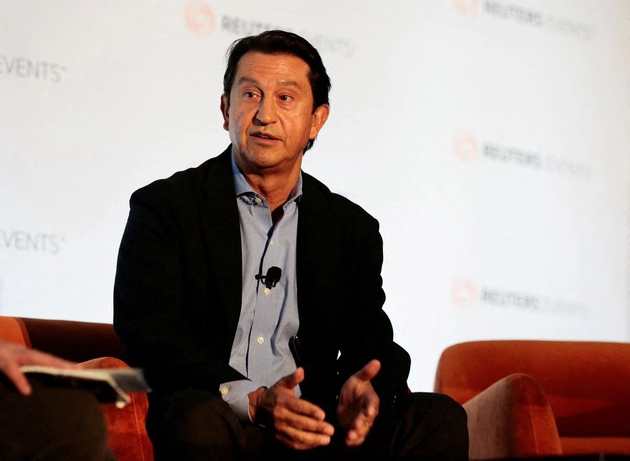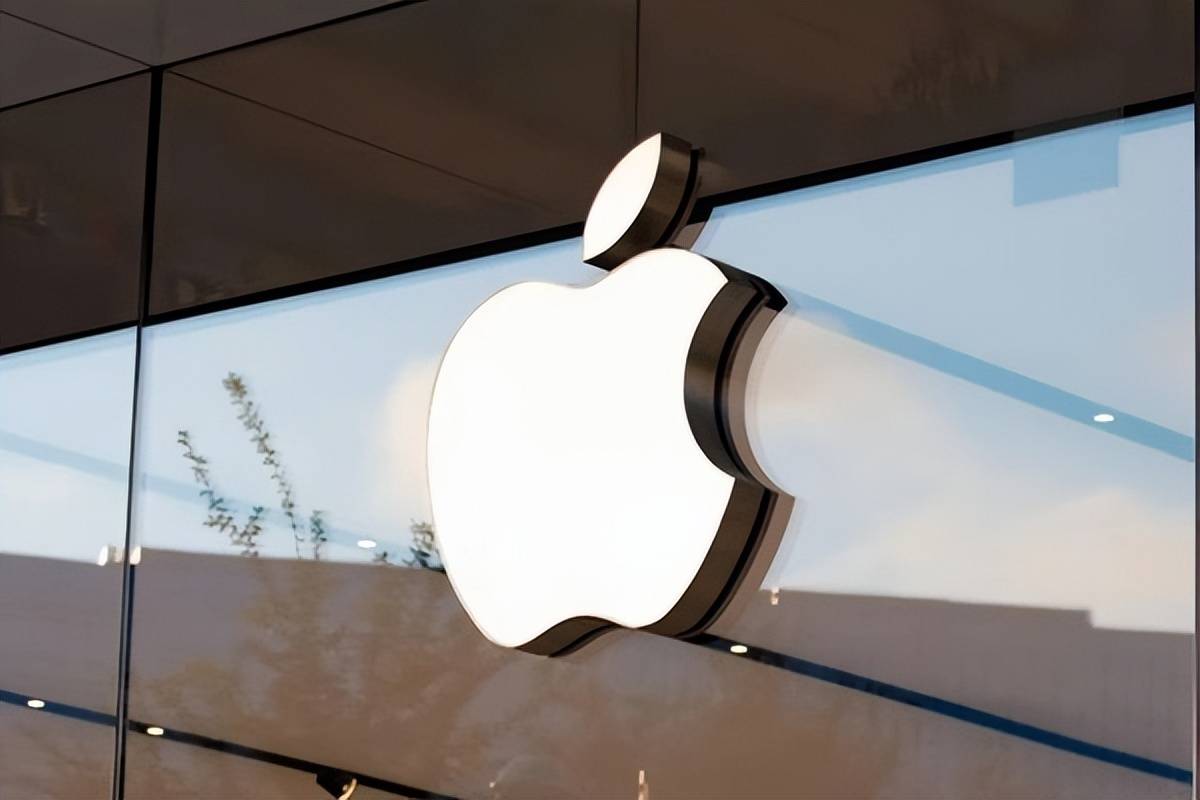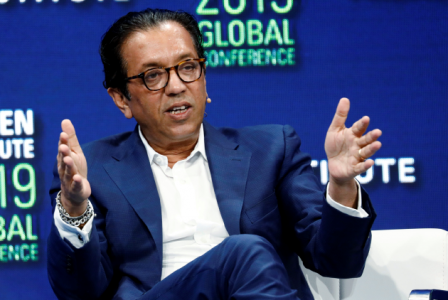your current location is:Home > TechnologyHomeTechnology
Apple to use TSMC's next-generation 3-nanometer chips in iPhones and Macs, sources say
New cool products will be tested for free for the first time, and many high-quality talents will share their unique life experiences. Come to Sina Public Test and experience the most cutting-edge, most interesting and fun products in various fields~! Download the client and get exclusive benefits!

Sina Technology News Beijing time on the morning of September 14th, according to reports, people familiar with the matter revealed that Apple will become the first company to use TSMC's latest chips next year. The tech giant also plans to use the latest chip in some iPhones and Macs.
The A17 mobile processor, which is currently in development, will be mass-produced using TSMC's N3E chip manufacturing technology and is expected to be available in the second half of next year, according to three people familiar with the matter. They revealed that the A17 will be used on high-end products in the iPhone lineup expected to be released in 2023.
N3E is an upgraded version of TSMC's current 3-nanometer production technology, which has only been put into use this year. Apple's next-generation M3 chips for Mac products will also use the upgraded 3-nanometer technology, the two sources added.
Nanoscale refers to the width between transistors on a chip. The smaller the number, the more transistors can fit on the chip, making it more powerful, but it is also more challenging and expensive to produce.
N3E will provide better performance and higher energy efficiency than the first version of the technology, TSMC said at a recent technology seminar in Hsinchu, Taiwan. Industry insiders say the upgraded production technology will also be more cost-effective than its predecessor.
As TSMC's largest customer and the biggest promoter of new semiconductor technology, Apple remains TSMC's most loyal partner when it comes to adopting the latest chip technology. It was reported earlier that the US tech giant will be the first to use TSMC's first-generation 3-nanometer technology for some of its upcoming iPad devices.
Previously, Intel told TSMC that the company wanted to start producing 3-nanometer chips this year or early next year to be among the first adopters of the new technology like Apple. But Intel has since delayed the order until at least 2024, according to three people familiar with the matter.
In 2023, Apple could use TSMC's most advanced chipmaker technology in some iPhones for the second year in a row. In 2022, only the highest-end iPhone 14 Pro series will feature the latest A16 processor, which uses TSMC's 4nm process technology, the most advanced production technology available. The standard version of the iPhone 14 series uses the older A15 chip, which was originally used in the iPhone 13 and iPhone 13 Pro models launched in the second half of 2021.
At the same time, a fierce race is underway among chipmakers to introduce more advanced production techniques. Both TSMC and Samsung hope to be the first to put 3-nanometer technology into mass production this year. This technology applies to all types of CPUs and graphics processors in smartphones, computers and servers, as well as processors for artificial intelligence calculations.
Against this backdrop, Apple may use different levels of production technology to introduce greater differentiation between its high-end and non-premium models, said Dylan Patel, principal analyst at Semianalysis. Previously, the biggest differences between high-end and non-high-end models were in screens and cameras, but in the future the differences could expand to processors and memory chips, he said.
The analyst expects at least a 40% increase in the cost of chips of the same area in the transition from 5-nanometer (including 4-nanometer) chips to 3-nanometer chips.
Currently, TSMC and Intel declined to comment, and Apple did not respond to a request for comment.
Previous:US spacecraft is about to hit "innocent" asteroid, humans first field test planetary defense
related articles
Article Comments (0)
- This article has not received comments yet, hurry up and grab the first frame~












